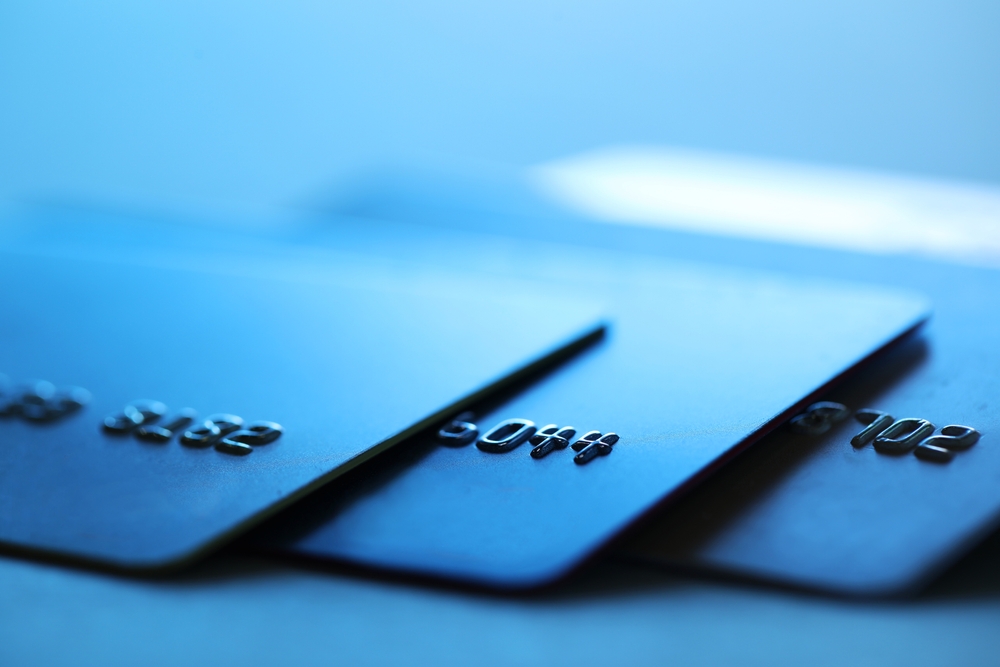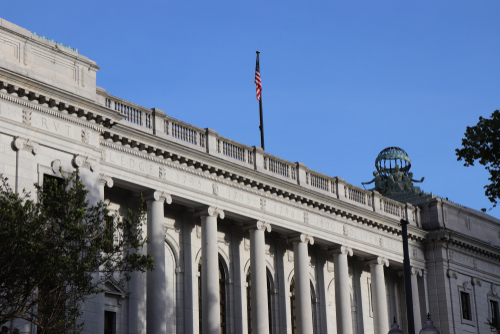
FCA and PSR set out next steps for open banking
On January 23rd, 2025, The Financial Conduct Authority (FCA), and The Payment Systems Regulator (PSR), published the next steps for open banking. Those will include a new independent company to drive forward variable recurring payments.
Open banking is a UK success story with over 11.7 million active users and over 22.1 million open banking payments made monthly.
There was significant progress in developing open banking in 2024, thanks to voluntary funding from 20 leading firms. This included:
- fraud analysis capabilities
- consumer protections
- new open banking services such as variable recurring payments (which will give consumers greater sight and control over their regular payments)
It is clear from the National Payments Vision, and the government’s growth agenda, that continued success in this area is critical for the UK. The FCA and the PSR are fully supportive and are ready to meet this challenge – as set out in Nikhil Rathi’s letter to the Prime Minister and the PSR’s recent strategy update.
For more Information click here.
FSB Work Programme for 2025
On January 23rd, 2025, The Financial Stability Board (FSB), published it’s work programme for 2025, addressing challenges including digitalisation, climate change, and the consequences of shifts in the macroeconomic and interest rate environment.
In line with the FSB’s mission to promote international financial stability, our priorities for 2025 reflect challenges that are global in nature and affect the financial system as a whole, such as digitalisation and climate change. Work will continue in key areas such as non-bank financial intermediation and cross-border payments. The FSB will keep monitoring emerging financial vulnerabilities and continue its work to implement agreed reforms and evaluate their effects with a view to maintain the resilience of the global financial system.
Priority areas of work for 2025 include:
- Supporting global cooperation on financial stability;
- Enhancing the resilience of non-bank financial intermediation (NBFI), while preserving its benefits;
- Harnessing the benefits of digital innovation while containing its risks;
- Implementing the systemically important financial institution (SIFI) framework;
- Addressing financial risks from climate change;
- Enhancing cross-border payments;
- Completing resolution reforms;
- Monitoring and evaluating implementation of agreed reforms.
For more Information click here.
CFPB Orders Operator of Cash App to Pay $175 Million and Fix Its Failures on Fraud
On January 16th, 2025, the Customer Financial Protection Bureau (CFPB), ordered Block, the operator of the peer-to-peer payments app Cash App, to refund and pay other redress to consumers up to $120 million and pay a penalty of $55 million into the CFPB’s victims relief fund. Block employed weak security protocols for Cash App and put its users at risk.
While Block is required by law to investigate and resolve disputes about unauthorized transactions, the company’s investigations were woefully incomplete. Block directed users — who had suffered financial losses as a result of fraud — to ask their bank to attempt to reverse transactions, which Block would subsequently deny. Block also deployed a range of tactics to suppress Cash App users from seeking help, reducing its own costs.
Cash App attempted to avoid many of its investigative obligations through tricking consumers with its Terms of Service. For example, many Cash App users link their bank account to the app. When a transaction occurs, the money is pulled from the user’s bank account and sent to the transaction recipient. In Cash App’s Terms of Service, consumers are led to believe that disputes are the responsibility of their linked bank. The Electronic Fund Transfer Act generally requires that peer-to-peer platforms, including Cash App, investigate disputes of unauthorized transactions, and a company cannot simply use fine print to escape these legal requirements. When it did conduct investigations, Block used intentionally shoddy investigation practices to close reports of unauthorized transactions in the company’s favor.
For more Information click here.
CFPB Research Reveals Heavy Buy Now, Pay Later Use Among Borrowers with High Credit Balances and Multiple Pay-in-Four Loans
On January 13th, 2025, the CFPB Released a study of “Buy Now, Pay Later” use among borrowers with high credit balances and multiple pay-in-four loans. More than 60 percent of users had simultaneous loans, borrowers held higher balances on other credit lines, and most loans went to consumers with subprime or lower credit scores.
The CFPB research also revealed that more than three-fifths of BNPL borrowers held multiple simultaneous BNPL loans at some point during the year, and one-third had loans from multiple providers. BNPL borrowers were also more likely than other consumers to have higher balances on other unsecured credit lines such as credit cards. Because lenders do not typically report BNPL loans to nationwide consumer reporting companies, data about BNPL use—especially about borrowers with multiple loans and on total consumer debt balances—is limited. Today’s study helps fill the data gap by pairing a matched sample of BNPL applications from six large firms with deidentified credit records.
For more Information click here.










